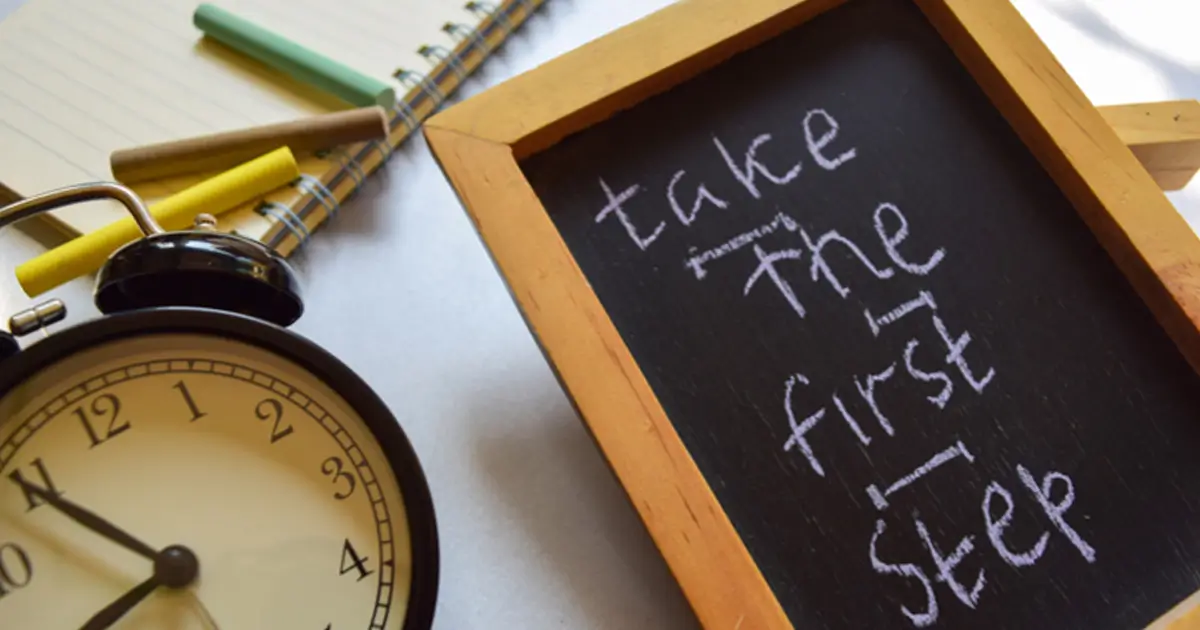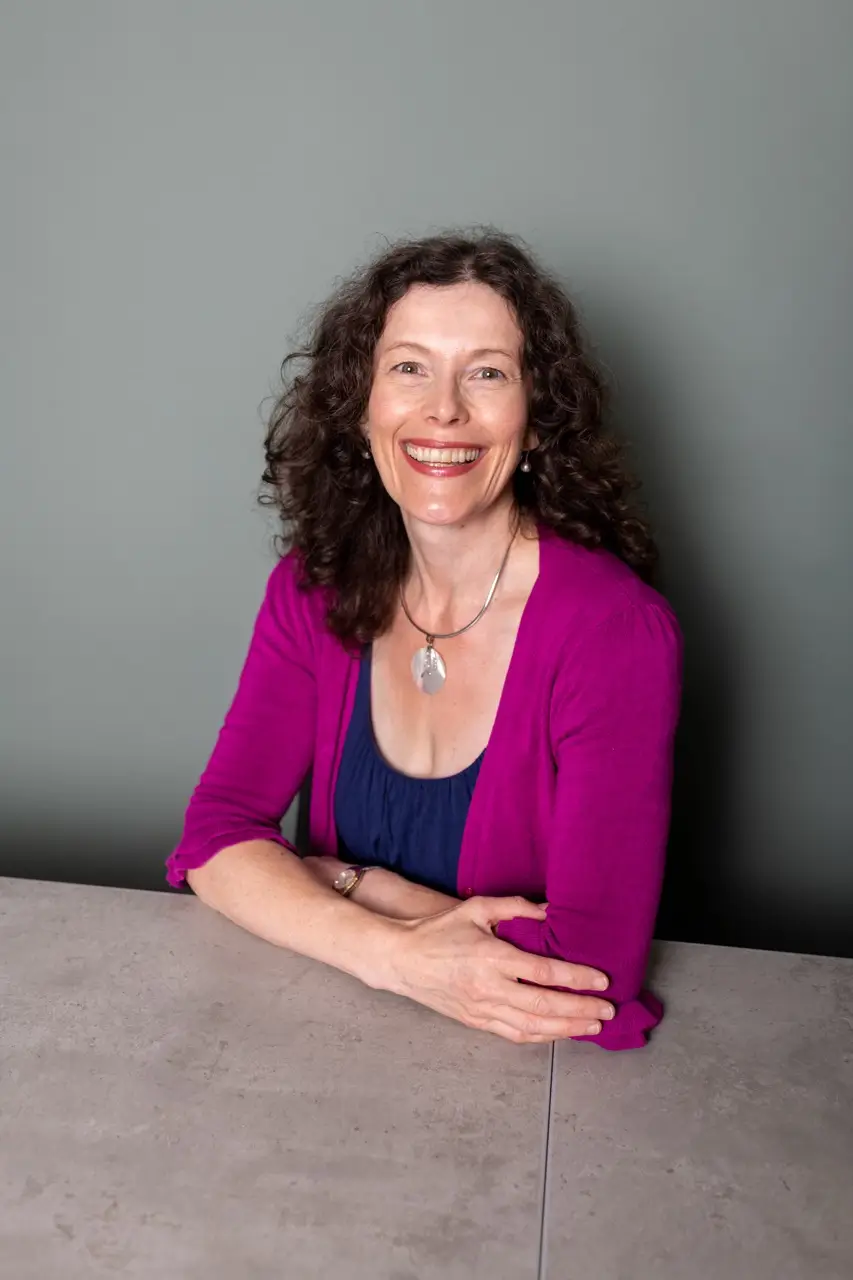

Early intervention is a key part of workplace mental health training, building confidence to reach in when you're concerned about someone and encourage early help-seeking.
But let's also find ways to empower those in need to reach out and take that first step. Knowing who to trust is key so keep reading for more on that.
It can feel a big deal asking for support with our mental health, especially if you’ve absorbed unhelpful messages of ‘what have you got to be miserable about?’ ‘don’t be such a girl’, ‘boys don’t cry’ and ‘man up’ along the way.
Or maybe you’ve created your own: ‘I don’t deserve help’ or 'Best not to make a fuss'.
In a survey from the original 'Time to Change' campaign, more than half those surveyed took around a year before they felt able to tell a family member or friend how bad they had been feeling, yes a year!!
Imagine you’re experiencing symptoms such as a sense of despair and emptiness, and nothing gives you enjoyment. Then on top of that you’re putting on a mask to hide what you're really feeling which will only add to any exhaustion already there.
A while back at a mental health conference, I watched a poignant demonstration by the actor Ian Poulston-Davies of how his OCD symptoms manifest themselves during a simple visit to a restaurant.
That was impactful enough, and then he recounted that at a similar speaking event a gentleman in his eighties came up to him, and through the tears declared that his struggles finally made sense, he’d had OCD all his life but had never known how to ask for help.
I can't resist sharing that OCD Action and OCD UK charites have a wealth of information and support and bust myths like 'they're a bit OCD' to reduce stigma.
Because fear and stigma hold us back and that’s bad for all of us.
Peer support is so valuable because you can start to feel less alone, see the benefits of getting support and crucially that you deserve to get support.
Seeking support and being supported as early as possible means our symptoms are likely to be more easily managed, less likely to reach crisis point and we can recover more quickly.
Some words of inspiration to help it feel more manageable...
You don’t have to see the whole staircase, just to take the first step – Dr Martin Luther King Junior.
That first step is so valuable but it doesn’t mean it will be easy.
It takes an incredible amount of courage to ask for help, but if you choose wisely (see next section), you’d be surprised at how privileged people can feel that you have trusted them to listen and support you.
Some people find this part excruciatingly difficult, so if you’re super cautious and have had cause to be wary of people’s reactions, I can recommend reading chapter nine of Susan Calman’s book CHEER UP LOVE.
She might be a comedian with a sharp wit, or maybe you know her from Strictly 😉 but her ex-lawyer hat means she has considered this area extensively and shares her research and evaluation.
The questions she considers are:
• Do you trust this person and have a gut feeling that they will keep your confidence?
• Are you in a position to deal with your problems?
• Where and how do you tell them?
• Do you think you will continue to see this person after you’ve revealed your problems?
You might find this approach reassuring, in which case read more in chapter nine of her book, or you might find it over analytical and just prefer to go with your instincts, we’re all so different.
Being allowed to articulate what’s whirring round and round in our heads can be a life-saver.
Learn about the value of a supportive conversation with Dan and Rich in the Heads Together video campaign.
Finding the energy to navigate available help can be overwhelming, so if you get an offer of support to find support, take it with both hands!
The best supporter won’t take over and will offer to help you find out what’s available in a thoughtful non-judgemental way.
Trusty MIND have a dedicated section Seeking help for a mental health problem and a pdf guide 'to taking the first steps and making empowered decisions and getting the right support for you'.
If you're ready to dive in, my blog Support and where to find it - there's no one size fits all link to blog has plenty of support ideas, whether it's self-help strategies, peer support of going to a professionals, there’s something for everyone!
Nobody should be more than one call, one click or one chat away from help – Paul Polman, CEO Unilever.
What’s helped you take that first step?

Hi, I’m Emma! With 30 years in Learning & Development and varied roles, I specialise in helping workplaces navigate the 'messy reality' of mental health conversations with confidence as part of a broader strategy. My experiences in a range of workplace settings, and as a mental health charity trustee and member of NHS suicide awareness working groups, drive me to provide practical approaches that create real impact. I ensure every session is engaging, down-to-earth, and actionable.
Read More Of My Blogs
Read More Of My Blogs